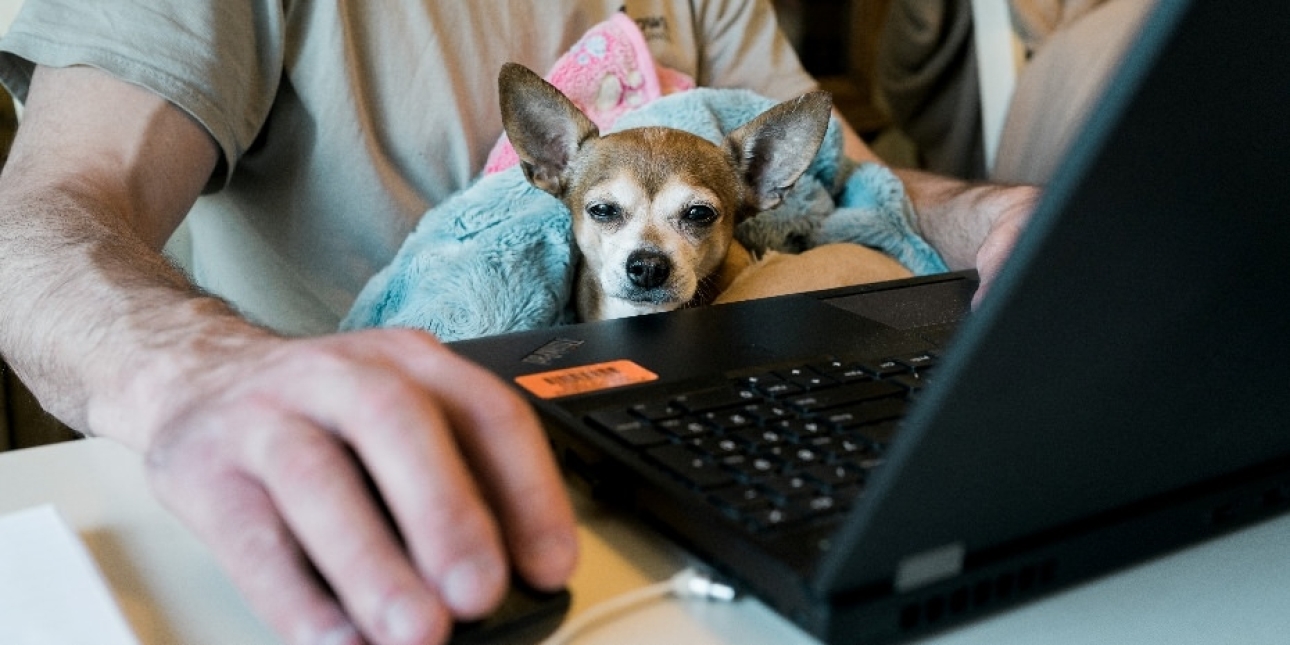PUBLIC RELATIONS
Thursday 11th June 2020
A Move to Remote Working – Pitfalls for PR Agencies
Recent surveys have shown that there is very little appetite among office workers to return to full-time office working, following the period of enforced homeworking caused by the Covid-19 pandemic.
The evidence shows that this trend is particularly pronounced within the advertising, marketing and media sectors, and on May 26 Antonia Welch wrote about the demise of the office in the PR industry for Influence.
From a lifestyle perspective, homeworking is likely to be popular with PR professionals (as it is for most professionals), as the disappearance of the commute offers the opportunity to incorporate more non-work activities into the day. Homeworking may also be attractive to PR agencies; as most are small businesses, the smaller overheads resulting from removal or reduction of office space is likely to be welcome.
However, the move away from an office environment may deprive less experienced comms professionals of valuable learning opportunities. It will also mean that PR agencies have to contend with a crop of tricky employment law issues.
1 Potential difficulty in appraising and managing employees:
Remote working makes it more difficult to oversee and supervise direct reports, which makes it more difficult to appraise them. Agencies may need to think about changing performance objectives so that they are based on more tangible deliverables (e.g. new clients introduced to the agency) instead of 'softer' behaviours which can only be witnessed in person.
That said, there will also need to be systems in place to prevent and manage bullying and harassment, which may just as easily take place online or over text message/Whatsapp as in person.
2 Regulatory compliance:
The above difficulties with oversight may make it more difficult for PR agencies to ensure compliance with law and regulations such as GDPR and libel laws. Such aspects of the job are those more likely to require senior supervision, which can be more difficult to obtain remotely on an ad-hoc basis. As a result, more junior employees working under pressure may find themselves making hasty and potentially legally risky decisions.
Further, many younger PR professionals live in shared accommodation, meaning that protecting confidential client information will be more difficult, and an accidental leak of reputationally damaging information would be particularly embarrassing for a PR firm.
It is therefore incumbent on agencies to develop a protocol for its employees to use to safeguard confidentiality, and to provide them with the support and technology they need to implement it (a simple example would be the provision of headphones to ensure that client calls are not overheard).
3 Employee wellbeing:
Lack of contact with others outside their own household and physical distance from close colleagues may have a detrimental impact on employee wellbeing if not mitigated.
Employee 'socials' will probably be far down the priority list of most PR agencies seeking to move to remote working, but will be more important than ever in keeping employees well and happy.
Businesses should consider how best to ensure that employees are still able to socialise with colleagues remotely and gain support and supervision from their teams.
The above are just a few examples of the sorts of issues that could arise, and no doubt more will arise over time. Agencies will have to continue to respond quickly to these developments, just as they did when the Covid-19 pandemic first broke out.
Lucy Sorell is a senior associate in the employment team at Kemp Little, the London law firm.
Photo by Allie on Unsplash

